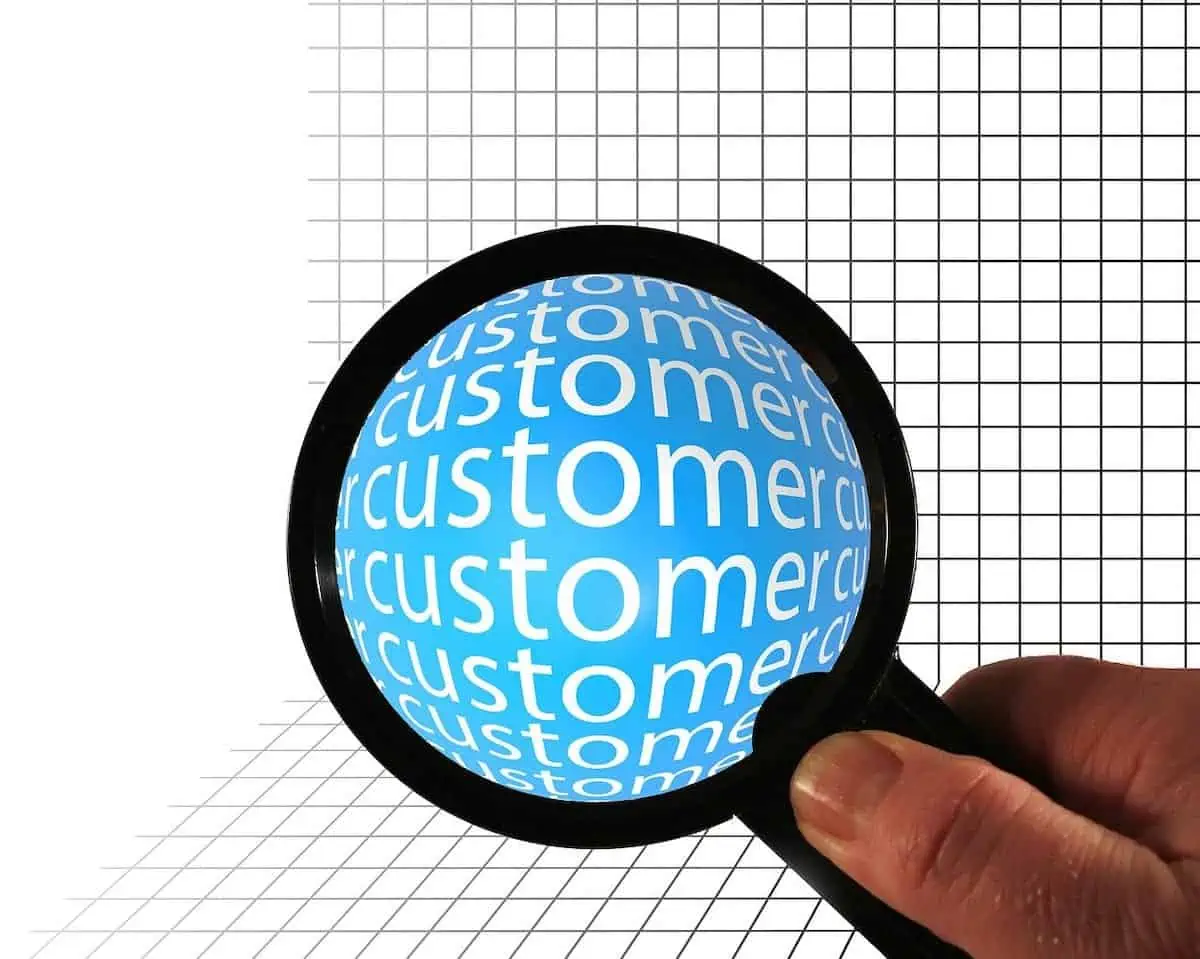Nowadays, numerous companies are successfully navigating through technological options with custom CRM development which helps them to form a steady workflow and keep all data centers for faster accessibility. Moreover, it is a unique solution that allows customized operations to maintain productivity.
When a business needs a CRM system for customer relations and queries, it lags in providing consumer satisfaction and gaining loyalty. Therefore, it is vital to keep track of all the interactions and related data to further benefit from it in the future.
What is meant by a CRM system?
It is a system or software for Customer Relationship Management that provides help to manage customer-based data, information, and interaction that helps furnish good relations.
This way of implementing technology to enhance business growth and customer engagement is popular and extensively used, which encourages a modern approach toward increasing production, efficiency & market goals.
A CRM system can effectively store, collect and arrange data in one central database the team can access at any moment. This includes sales data, customer information, market information, feedback, queries, and more needed to provide an outstanding customer experience and service. Of course, this has pros and cons, which should be thoroughly analyzed and developed to meet many business necessities.
Custom CRM development focuses better on the company’s requirements and delivers exact apps or software to make sales. The software will be developed accordingly to meet business demands and goals precisely.
Workflow and operations are streamlined to create engagement opportunities. Customer interactions are improved as they can now access CRM software anywhere to seek information or help. Each tool is then used to covert and acquire customers in real-time.
Benefits of a CRM system
A custom CRM offers numerous benefits among businesses which helps them in providing customer service in a more personalized manner. In addition, it creates a positive environment for rapidly interacting with employees, staff, workers, and customers.
1. Saves manual workload time: The employees and customers can easily access the CRM software and benefit from self-help. The monotonous workload is decreased, the data is analyzed and processed through software, and the authorities can access it easily anytime. Automating tasks reduces manual work and downtime and generates better strategies for sales.
2. Customer satisfaction and enhanced relationship: Each information is stored and used per the company’s requirements. It includes the customer’s likes, interests, feedback, and wish lists. It improves end-to-end communication and quickly meets consumer needs to produce the right product. This ensures loyalty and a strong bond between the company and the customer.
3. Profit increase with in-depth analysis and solutions: Businesses can make data-driven strategies and choices to increase growth. Custom CRM can produce crucial reports that help boost accuracy and enable decisive efficiency for improving sales and leads. This attracts new clients, customers, and collaborations, resulting in increased income and top-quality services.
Challenges faced by supply chain businesses with custom CRM
Custom CRM can avoid unnecessary hassle and leverage information to automate their services, but such developments also have pitfalls. A few developing challenges are seen while handling a CRM for a business.
1. Data quality and costing: The report will only be helpful if complete data is input into the CRM system. A good import or export can lead to efficient sales. The cost becomes a central down point as the CRM system is expensive. Training and speeding up exhaust the capital faster.
2. Security challenges: Storing information in a central database is undoubtedly easy and valuable. However, it comes with a security compromise as many sources would use the server simultaneously to examine and access data. The company might suffer a breach if development is not thoroughly focused on security.
3. Manual data configuration: Recording various customer information is done through software, but maintaining it needs manual work. Detailed data are entered by employees who must update it constantly, thus increasing their workload.
Conclusion
Custom CRM development applications can help eliminate pitfalls quickly if they cater to the company’s requirements and develop software based on their exact requirements. In addition, faster communication is helpful to convert customers, which boosts marketing goals.


Useful Info